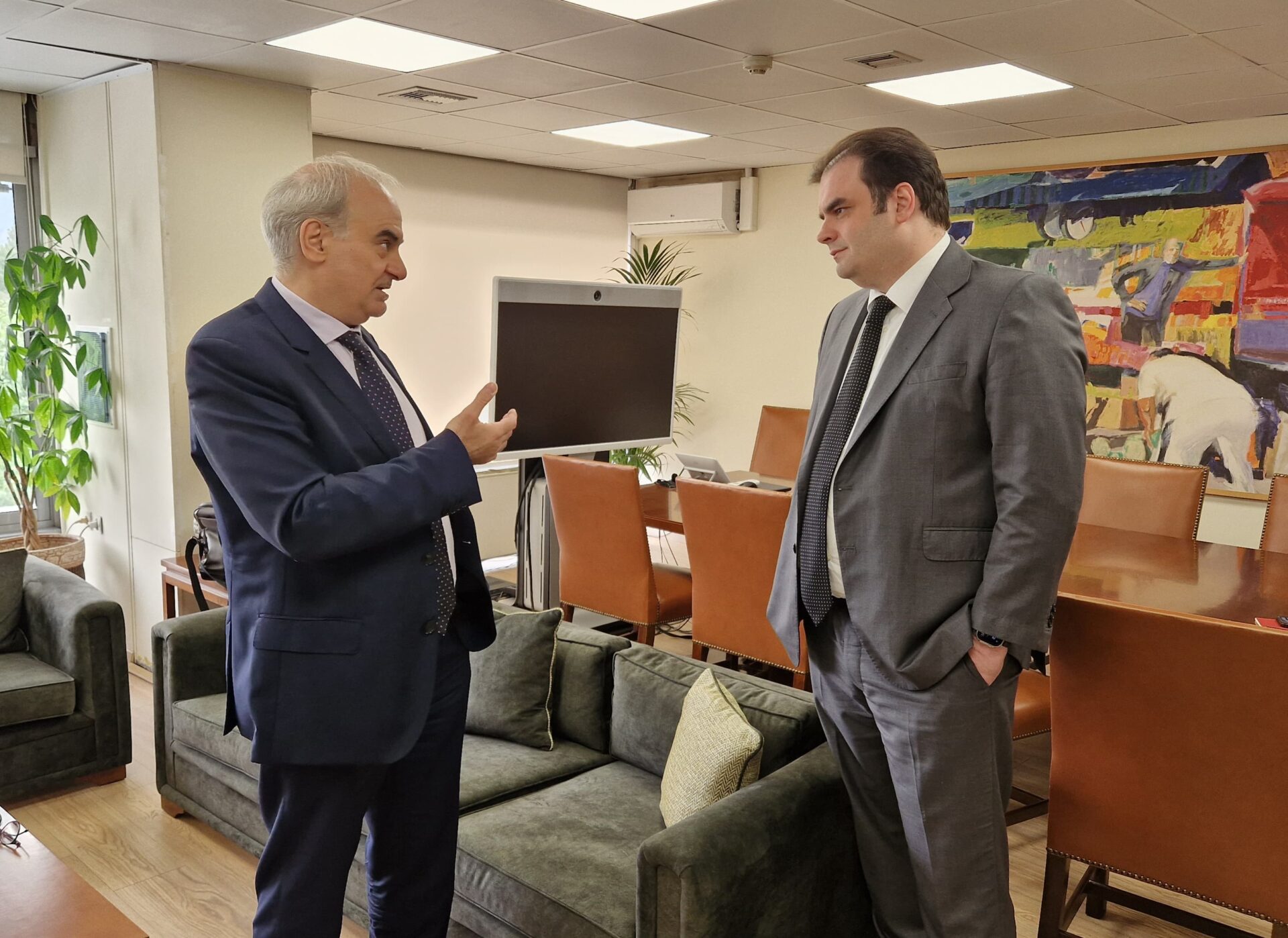In an interview with “N,” Minister of National Economy and Finance Kyriakos Pierrakakis announced that the government will outsource the task of locating Greek debtors living abroad to private companies.
The minister dismissed the possibility of introducing a new repayment plan for tax debts that would allow for additional installments beyond the current permanent scheme, urging debtors to utilize the out-of-court settlement mechanism.
On the topic of housing, Pierrakakis officially declared a “freeze” on the objective values and tax burdens of real estate until 2027. He further highlighted that the government is exploring various “incentives and disincentives” to boost the supply of homes, which would also impact properties held by banks and servicers. “We are looking into the properties available to banks and servicers and considering options to open up closed properties,” he stated.

Moreover, he mentioned the aim to decrease cash usage as a strategy to combat tax evasion.
Concerning cryptocurrencies, Pierrakakis indicated that a protective network for investors against fraudulent transactions is being developed, and he referenced upcoming measures to support the middle class, set to be announced in September.
He asserted that by 2029, Greece will no longer be the most indebted country in Europe, detailing the investments that the new Investment Fund will back and how the Recovery and Resilience Facility (RRF) and the National Strategic Reference Framework (NSRF) will serve as tools to reduce inequalities between Athens and the regions.
Addressing the potential threat of tariffs from the US President, he expressed that such tariffs should not be imposed and noted that intra-European tariffs, which reach as high as 110%, should also be removed.
Lastly, he reaffirmed Greece’s support for the European Deposit Insurance Scheme (EDIS).

















